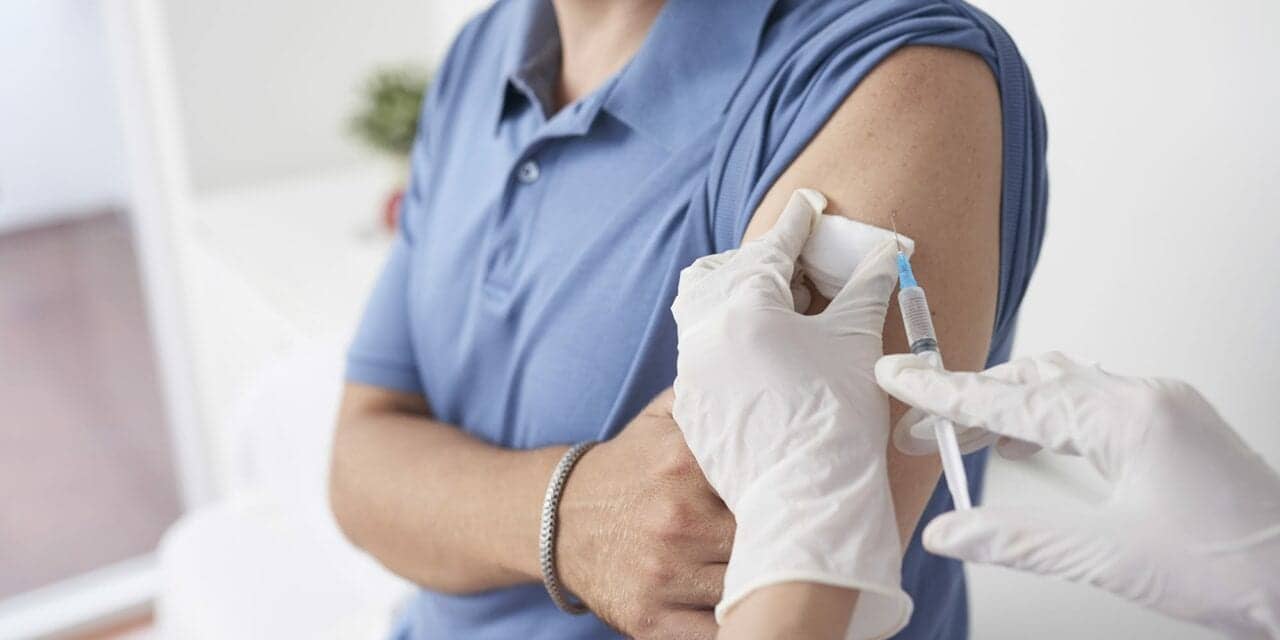The Foundation for Sarcoidosis Research, a nonprofit organization dedicated to finding a cure and improving care for sarcoidosis patients, recently published a survey of vaccination rates in this patient population.
Sarcoidosis patients are often treated with immune-suppressing drugs that further increase susceptibility to COVID-19 infection. Hence, healthcare providers and other patient advocates are highly motivated to enlist measures to mitigate the risk of serious COVID-19 infection in this patient population.
Valuable insights explaining the failure to effectively vaccinate sarcoidosis patients are provided from a recent survey conducted by the Foundation for Sarcoidosis Research (FSR). The survey was designed to determine the rate of vaccinations among patients with sarcoidosis, vaccine tolerance, to elicit the major reservations to being vaccinated among those who choose not to be vaccinated, and to ascertain the reasons that vaccines were not delivered to those who were motivated to be vaccinated. A brief 8 question survey was sent via email and social media posts (Twitter and Facebook) to the members of a sarcoidosis online support community that is sponsored by FSR. A total of 262 (of approximately 5000 total) members responded to the survey in February 2021.
At the time of the survey, 61% of the responders had at least one dose of either the Pfizer- BioNTech, or the Moderna vaccine (J&J vaccine was yet to be granted EUA at the time of the survey). Of the 39% of responders who had not received the COVID-19 vaccine, a majority were judged to be ineligible for the vaccine in their state. However, a significant proportion (25%) cited concerns about vaccine safety as the reason for not getting the vaccine. See Figure 1 for details. Among those who were vaccinated, approximately 44% reported having an adverse reaction, mostly categorized as mild (e.g., local arm pain, fatigue, myalgias, and infrequently fevers), whereas a significant minority of approximately 15% experienced a vaccine reaction characterized as moderate to severe. Namely, approximately 10% of responders reported hives and slightly more than 4% reported respiratory distress for which medical attention was deemed necessary (i.e., a serious adverse event).
To put this into perspective, both the Pfizer-BioNTech and Moderna vaccines showed excellent safety profile during the clinical trials conducted in representative human populations, with the Pfizer- BioNTech study reporting a much lower incidence of any severe adverse event of 1.1%. Thus, the results of the survey suggest that patients with sarcoidosis are prone to developing a serious, albeit non-fatal adverse reaction following the COVID-19 vaccines. Traditionally, the rate of adverse events in sarcoidosis patients with other vaccines such as the yearly influenza vaccine has been similar to their healthy counterparts. However, whether the safety profile of novel mRNA based COVID-19 vaccines is different in sarcoidosis remains to be determined. Even if this is the case, the risk of non-fatal, self-limited adverse vaccine reactions should be weighed against the reported risk of potential life-threatening COVID-19 infection in sarcoidosis and other ILD patients.









